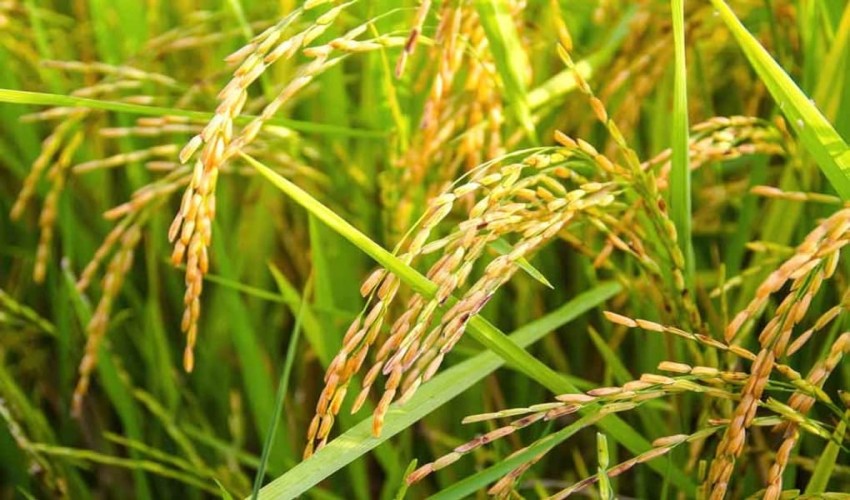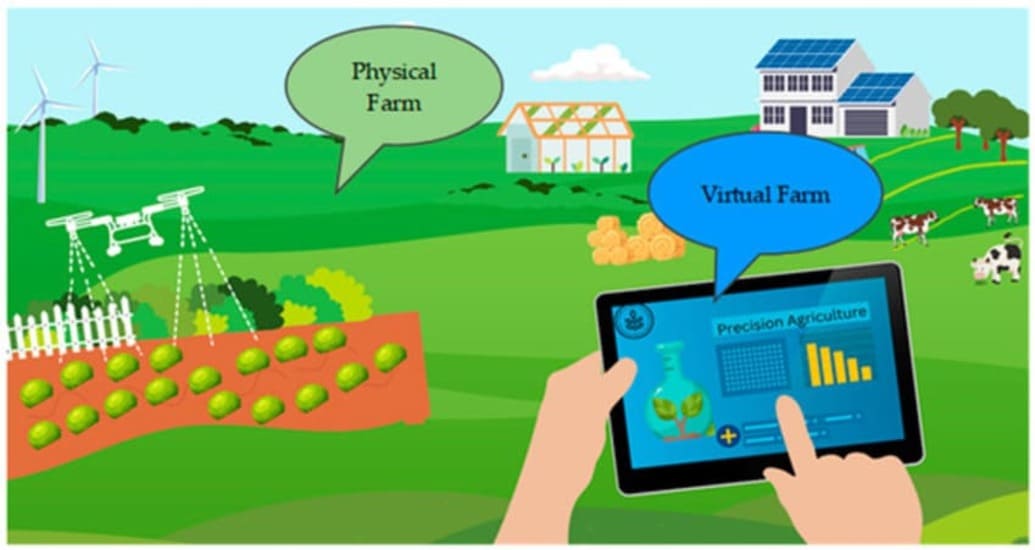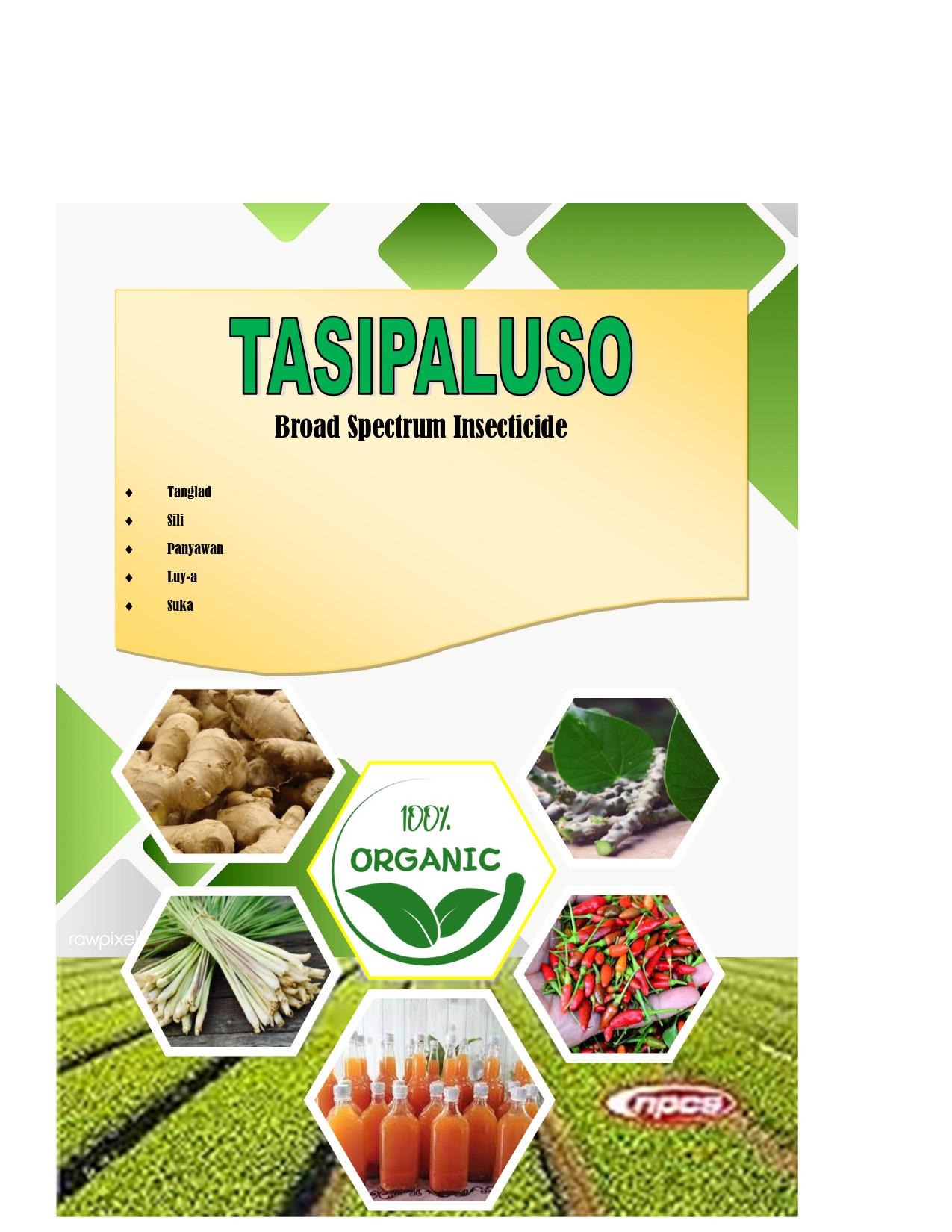
It is possible that rice would grow well in Martian soil.
- Rating
- rice
- martian
- mars
- soil
- cultivated
- plants
Tolerating a poisonous chemical in that location, however, will require some adjustments for the plant.
CITY OF THE WOODLANDS, TX — Rice is one of the most important foods for humans, and planetary scientist Abhilash Ramachandran reported on March 13 at the Lunar and Planetary Science Conference that Martian soil may have all the necessary nutrients for growing rice. However, the plant may need some assistance in order to thrive on Mars, where perchlorate, a chemical that is toxic to plants, has been detected.
We intend to colonize Mars," they said. unfortunately, not everything can go with us. Ramachandran of the University of Arkansas at Fayetteville predicts that the cost will be high. He suggests growing rice there due to the ease with which it can be cooked. To prepare, one need only remove the husk and begin boiling.
For their experiment, Ramachandran and his team used basalt from the Mojave Desert to simulate Martian soil and successfully grew rice plants. They also tried growing rice in several different combinations of potting mix and soil simulant, as well as in pure potting mix. All planters received an average of two daily waterings.
The team discovered that rice could be grown in the artificial Martian soil. However, the plants' roots and shoots were much thinner than those of their counterparts grown in potting mix or hybrid soil. Results improved significantly even with only a 25% potting mix replacement of the simulant.
Soil containing perchlorate was also used to cultivate rice by the scientists. They obtained one type of wild rice and two cultivated varieties with a genetic mutation, both of which were engineered to withstand environmental stresses such as drought, and grew them in soil similar to that found on Mars, with and without the addition of perchlorate.
To put it another way, when 3 grams of perchlorate were added to 1 kilogram of soil, not a single rice plant survived. One of the mutant lines grew a shoot and a root, while the wild type only grew a root, when the concentration was just 1 gram per kilogram.
According to the results, the SnRK1a modified gene found in the successful mutant may be the key to creating a Mars-ready rice variety in the future.
CITATIONS
P.J.I. Gann et al. Rice can grow and survive in the Martian regolith with challenges that could be overcomed through control of stress-related genes. Lunar and Planetary Science Conference, The Woodlands, Texas, March 13, 2023.
G.H. Peters et al. Mojave Mars simulant — characterization of a new geologic Mars analog. Icarus. Vol. 197, October 2008, p. 470. doi: 10.1016/j.icarus.2008.05.004.
Leave a Reply
Your email address will not be published. Required fields are marked *


